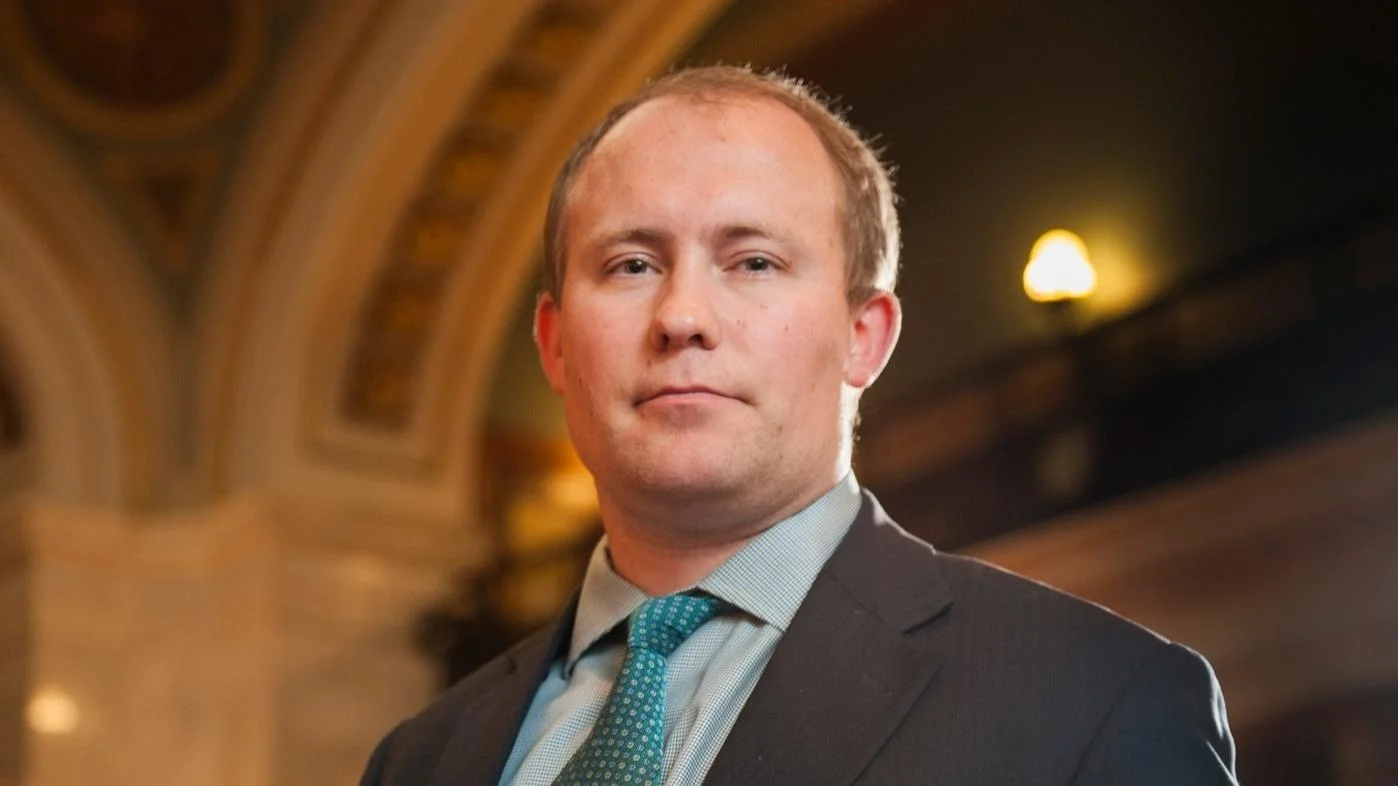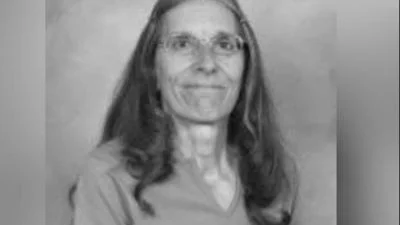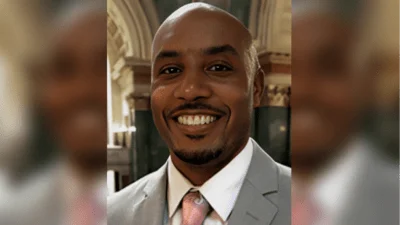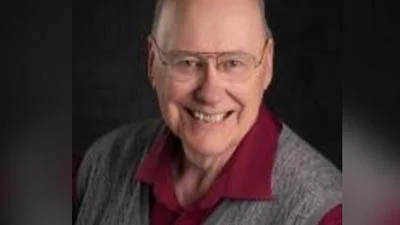Ron Tusler, Wisconsin State Representative for 3rd District | legis.wisconsin.gov
Ron Tusler, Wisconsin State Representative for 3rd District | legis.wisconsin.gov
According to the Wisconsin State Legislature's official website, the bill was described as follows: "an optional final hearing by affidavit for the dissolution of a marriage".
The following is our breakdown, based on the actual bill text, and may include interpretation to clarify its provisions.
In essence, the bill permits a court to enter a judgment of divorce or legal separation based on a signed affidavit from both parties, thus bypassing the need for a final in-person hearing. This option is contingent upon both parties being represented by counsel or having worked with a registered lawyer mediator skilled in dispute resolution. The affidavit must contain several affirmations, including the waiver of the right to a hearing, acknowledgment of residency requirements, and understanding of any stipulations involved. The affidavit must also address the parties' military status, receipt of public assistance, and any history of interspousal battery or domestic abuse cases. The effective date of a divorce judgment is immediate upon its granting; however, parties are prohibited from remarrying within six months of the judgment.
The bill was co-authored by Senator Eric Wimberger (Republican-2nd District), Representative Steve Doyle (Democrat-94th District), Representative Lori A. Palmeri (Democrat-54th District), and Representative Jim Piwowarczyk (Republican-98th District). It was sponsored by Senator Rachael Cabral-Guevara (Republican-19th District) and Senator Melissa Ratcliff (Democrat-16th District).
Ron Tusler has co-authored or authored another 73 bills since the beginning of the 2025 session, with none of them being enacted.
Tusler graduated from the University of Wisconsin-Milwaukee in 2007 with a BA and again in 2010 from Marquette University with a JD.
Tusler, a Republican, was elected to the Wisconsin State Assembly in 2017 to represent the state's 3rd Assembly district, replacing previous state representative Alvin Ott.
In Wisconsin, the legislative process starts when a senator, constituent, group, or agency proposes an idea for a bill. After drafting, the bill is introduced, numbered, and referred to a committee for review and public input. If approved, it moves through three readings and votes in both the Senate and Assembly. Once both chambers pass the same version, the bill goes to the governor, who can sign it, veto it, or let it become law without a signature. Only a small share of bills introduced each session ultimately become law. You can learn more about the Wisconsin legislative process here.
| Bill Number | Date Introduced | Short Description |
|---|---|---|
| AB189 | 04/15/2025 | An optional final hearing by affidavit for the dissolution of a marriage |
| AB171 | 04/09/2025 | Privacy protections for judicial officers |
| AB170 | 04/09/2025 | Prohibiting the Department of Justice from using the legal services of nongovernmental employees. (FE) |
| AB153 | 04/02/2025 | Income change notifications for child support or maintenance orders |
| AB144 | 03/17/2025 | Eliminating a judgeship from district IV of the court of appeals and establishing an additional judgeship for district III of the court of appeals |
| AB126 | 03/11/2025 | School bus back-up lamps |
| AB73 | 02/24/2025 | Statutory recognition of specialized treatment court and commercial court dockets |
| AB38 | 02/17/2025 | An income tax exemption for cash tips paid to an employee. (FE) |
| AB18 | 02/06/2025 | Fee waivers for state park vehicle admission receipts to pupils with Every Kid Outdoors passes. (FE) |






 Alerts Sign-up
Alerts Sign-up